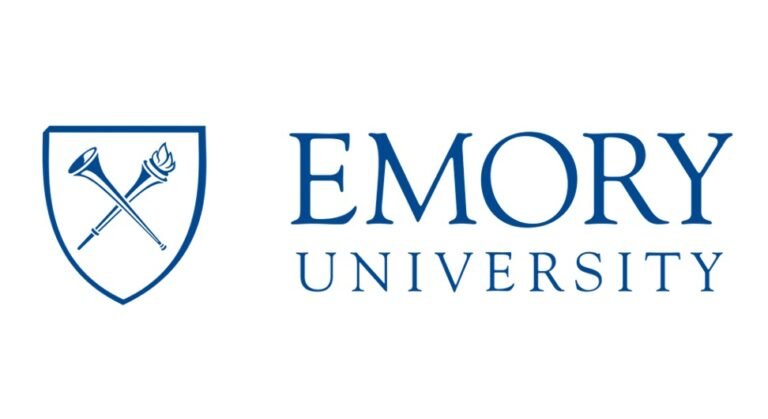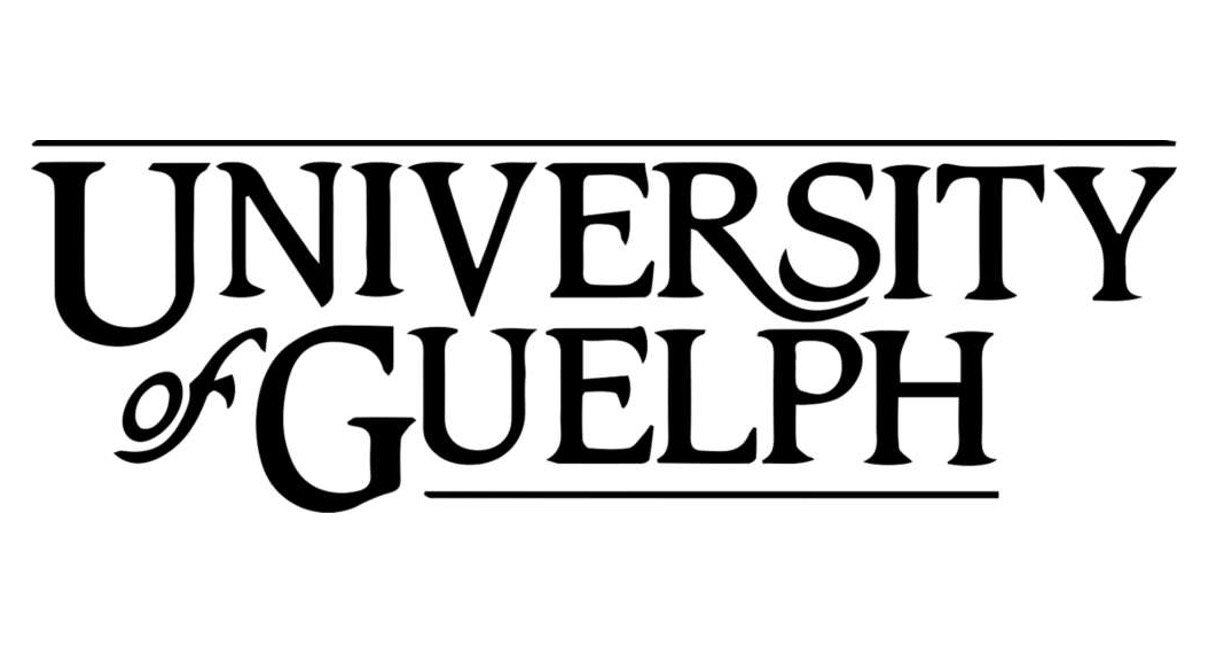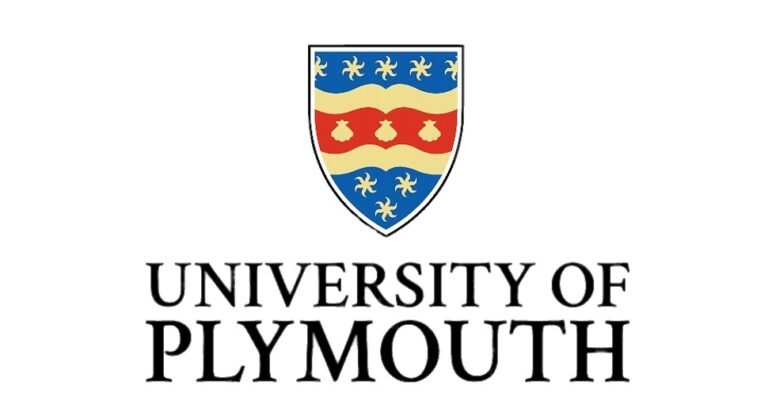The Postdoctoral Fellow will help design and conduct research in AI & machine learning for medicine while receiving advanced training from a designated Principal Investigator to enhance professional skills and research independence needed for pursuit of an Academic career. The Postdoctoral fellow will assist the PI in designing and evaluating experiments for research focused on new AI and machine learning tools for the diagnosis, prognosis and prediction of treatment response for a number of types of cancer and other diseases.
The Postdoctoral fellow will also develop new ideas that promote current research and prepare and publish scientific manuscripts under the direction of the Principal Investigator. May be responsible for operation of specific computational equipment. Positions are temporary appointments as a research trainee. The Postdoctoral Fellow is an entry level position in which the research fellow receives training under close supervision of faculty in the Emory University, School of Medicine, Department of Biomedical Engineering.
Interested candidates should ideally have a background in artificial intelligence/computer vision/machine learning programming, ideally with either Python or MATLAB. Staff will be working on development of image analytic/machine learning algorithms for clinical applications.
A successful candidate would have a PhD degree in in Biomedical Engineering, Computer Science, Electrical Engineering or related field and a demonstrable record of accomplishment in medical image analysis, organ-specific imaging, computer vision, and image registration and feature extraction. Experience in MATLAB or Python programming is required.
KEY RESPONSIBILITIES
• The Postdoctoral Fellow performs a wide range of highly technical and complex research duties and has documented scientific achievements and increasing technical, management, leadership, and professional expertise necessary to advance basic and/or translational research programs.
• Demonstrates knowledge of research and experimental platforms for analyzing, design and interpreting results.
• Investigates and recommends potential alternative approaches to improve the quality of results of basic and/or translational research.
• Aids in writing publications, IACUC, IRB, Biosafety and other approval documents.
• Oversees quality assurance of research conducted by other team members.
• May assist in grant and other funding applications as necessary and appropriate, or with approval of the responsible faculty director, may have their own research projects and/or have full responsibilities for specific areas of instrumentation or methodology development and user support.
• With the approval of the responsible faculty director, may be principal investigators on funded proposals. Performs other responsibilities as required.






